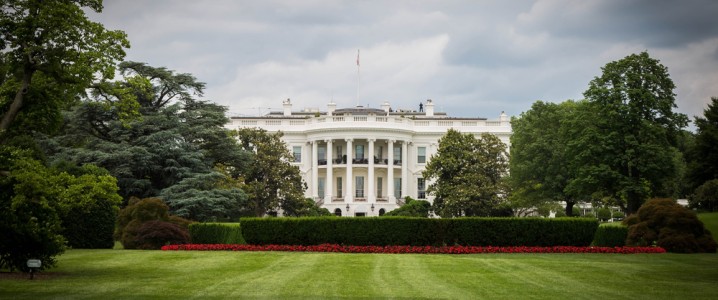By Tsvetana Paraskova – Oct 28, 2025, 5:47 AM CDT
The United States and Japan signed on Tuesday a framework agreement to support the mining and processing of critical minerals and rare earths, as they seek to counter the dominant Chinese share of the market for minerals crucial for the defense, automotive, electronics, and energy industries.
Visiting U.S. President Donald Trump signed the rare earths deal with the newly elected Prime Minister of Japan, Sanae Takaichi, praising the strong U.S.-Japanese alliance. The White House said that the deals, plus the trade deal from earlier this year, are paving the way toward a “NEW GOLDEN AGE of the ever-growing U.S.-Japan Alliance.”
In the minerals deal, the U.S. and Japan agreed to boost cooperation to secure supply of critical minerals and rare earths necessary to support domestic industries, by using policy tools such as the United States’ and Japan’s financial support mechanisms, trade measures where appropriate, and critical minerals stockpiling systems. They also plan to mobilize government and private investment to support investment in mining and processing and intend to “jointly identify projects of interest to address gaps in supply chains for critical minerals and rare earths, including derivative products such as permanent magnets, batteries, catalysts, and optical materials.”
The U.S. deal with Japan follows a similar $3-billion deal with Australia from last week, which could open up access to resources worth $53 billion or more.
The U.S is looking to counter China’s dominance in critical minerals and rare earths, which Beijing has used as leverage in the U.S.-China trade spat several times this year.
President Trump is set to meet with Chinese leader Xi Jinping in South Korea on Thursday, with signals that the respective U.S. and Chinese negotiators have laid the foundations for the presidents to discuss a potential trade deal.
Despite major agreements and government support in the West for building domestic supply chains, China has raised its market share in critical minerals over the past few years, the International Energy Agency (IEA) warned earlier this year in its annual report.
China dominates refining for 19 of the 20 minerals the agency has analyzed, holding an average market share of around 70%.
By Tsvetana Paraskova for Oilprice.com
More Top Reads From Oilprice.com
- Indian Refiners Pause Russian Oil Orders as U.S. Sanctions Bite
- China’s Power Grid Ready for Winter With Ample Fuel Reserves
- India Eyes Long-Term U.S. LPG Supply
![]()
Tsvetana Paraskova
Tsvetana is a writer for Oilprice.com with over a decade of experience writing for news outlets such as iNVEZZ and SeeNews.



